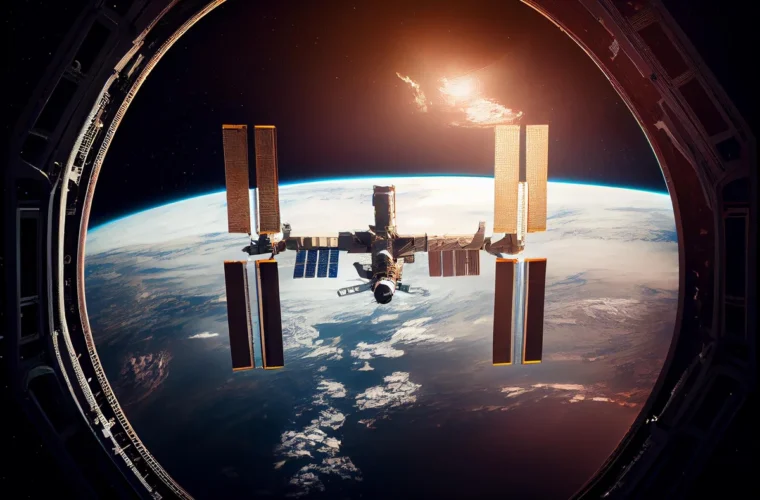Private flights into space, the Italian government prepares the ‘Musk law’
Private flights into space: A bill to regulate private space expeditions is ready to be presented to the Council of Ministers. The measure, nicknamed the ‘Musk law’ in homage to private space sector pioneer Elon Musk, drafted by the Ministry of Infrastructure and Transport (MIT) led by Adolfo Urso, is considered to be at the forefront in Europe. This is an important step for Italy, which wants to play a leading role in the private space sector, which is growing globally.
The aim is to attract investment and create new job opportunities in a market with a high rate of technological innovation. At the same time, the Italian government wants to guarantee the safety of space activities and protect national interests. The ‘Musk law’ has been welcomed by some industry associations, while others have expressed doubts about its effectiveness. The debate is set to continue in the coming weeks, pending approval by Parliament.
What the ‘Musk Bill’ says
In practice, the bill aims to manage the ‘launch, release, and in-orbit management and re-entry of space objects. The text includes some important innovations. For example, the mandatory authorization by the President of the Council for space activities conducted by operators of any nationality. As well as the ban on authorization for commercial space operators who have relations with authoritarian states such as Russia, China, Iran and North Korea.
Not a detail is the sanctioning side of the rule, with fines of up to 50 million euro for those who cause damage in orbit, and the focus on sustainability, with factual studies on the materials used and the risk of cyber accidents. There is also the establishment of a ‘Space economy’ fund with an endowment of 295 million euros between now and 2026 to promote the commercialization of space. The ‘Musk law’ represents an important step for Italy in the private space sector. It remains to be seen whether the measure will be able to achieve its ambitious goals.

Growing sector
Private space travel is an increasingly concrete reality, thanks to the emergence of several private aerospace companies. Among the best-known is Elon Musk with his SpaceX, which has already carried out successful missions with private crews to the International Space Station (ISS) and has plans for trips to the Moon and Mars. Richard Branson’s Virgin Galactic offers suborbital flights at altitudes of around 100 km from Earth, offering passengers a few minutes of weightlessness. In contrast, Jeff Bezos’ Blue Origin offers suborbital flights like those of Virgin Galactic, with the aim of also offering trips to the Moon in the future. Private space travel is expensive, with prices ranging between $500,000 and $4 million per person. In practice, an exclusive to the wealthy few. However, as technology advances and competition in the sector increases, prices are expected to decrease over time, making space travel accessible to a wider public.
Not without risks
Besides the cost, there are also certain risks associated with space tourism. Space travel is inherently dangerous, and there is always the risk of accidents. Moreover, the long-term effects of exposure to space radiation and weightlessness on humans are still not fully understood. Space tourism is a budding industry that allows civilians to travel into space for recreational purposes.
Although it is still in its infancy, it has already seen a limited number of people embarking on these trips, paying multi-million-dollar sums. There are different types of space tourism. Suborbital flight: this type of flight reaches the altitude of space but does not orbit the Earth. Passengers experience a few minutes of weightlessness and can observe the Earth from the sky before returning to Earth. Orbital flight: These flights take passengers into Earth’s orbit, giving them a wider view of the planet and more time for weightlessness. Lunar travel: in the future, it is expected that people will also be able to travel to the Moon for tourism purposes.



